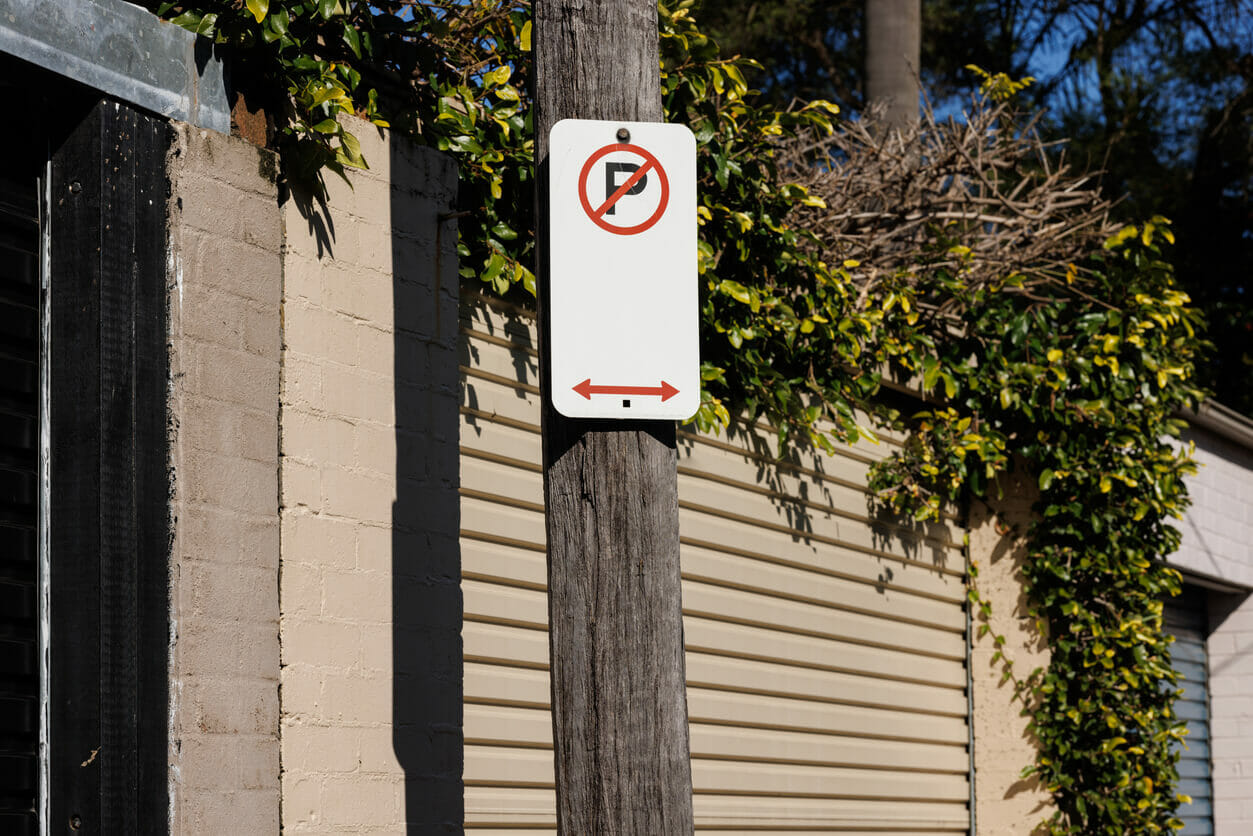Do HOAs have too many rules? Governed communities create and enforce rules for a variety of reasons. Some are mandated by the state, while others are implemented due to past issues that have occurred in the neighborhood.
The important thing to remember about rules is that they should exist to make the association better. They must serve a purpose, and not simply be designed to appease the desires of a few individuals.
Returning to the initial question, yes, there are HOAs that have too many rules. But associations can amend and remove rules if they find themselves being bogged down by restrictions and limitations.
There is a formal process for altering CC&Rs and bylaws, but rule and policy changes may not require a vote from members.
Table of contents
- Validity of rules
- Prohibit certain vehicles
- Enforce parking on a public street
- Tow a vehicle
- Ban clotheslines
- Ban flags
- Forbid pets to walk in common areas
- Ban basketball hoops
- Ban solar panels
Validity of rules
In addition to creating rules that make sense, HOA boards must ensure that the rules are enforceable. Rules are generally deemed unenforceable if they:
- Violate rights or contradict laws
- Are enacted incorrectly
- Have been enforced selectively
- Do not exist in any formal HOA documents
With that being said, some may wonder if all of their association’s existing rules are enforceable. The list below is by no means extensive, and different associations are obligated to follow different rules. However, you can get a general idea of some of the rules HOAs can and can’t enforce.
Prohibit certain vehicles
Yes an HOA can do that
Many associations have specified what type of vehicles owners can keep on the property. It’s not uncommon for HOAs to place a ban on trailers, RVs, boats, campers, and even pickup trucks with commercial signs, racks or tools.
Associations adopt this rule to maintain the aesthetic appeal of the community and mitigate damage that might be caused to the property. It also prevents neighbor disputes. People aren’t always happy about seeing a massive RV in the driveway next to them.
On a similar note, while associations may not place a limit on the number of vehicles a member can own, they can limit the number of cars they may park in their driveway or common areas.
Enforce parking on a public street
No, an HOA can’t do that
Associations have no authority over public streets unless state laws have authorized it. Therefore, they can’t issue fines or other violations if a member is parked on a street managed by the city.
Tow a vehicle
Yes, an HOA can do that
It is possible for an HOA to tow vehicles if they are improperly parked on property that belongs to the association.
That being said, states often have towing rules that HOAs must follow, and owners generally require written notice from the HOA before a vehicle can be towed away.
For example, in New Jersey, the Predatory Towing Prevention Act governs tows within community associations. However, they must have a contract with a towing company as well as signs that tell people when parking is permitted and the fees that could be incurred for those who are towed.
California also regulates towing, but communities must have signs at every entrance stating that owners can’t park in certain areas unless they’re authorized to do so. The statute specifies the language that must be used. HOAs have to put a physical notice on the vehicle, and can’t tow it for 96 hours unless it’s in a fire lane.
The HOA may have additional checks and balances in place so that tows are only used as a last resort. Communities are also encouraged to have the tow company check with the onsite manager before any vehicle is removed from the property. Owners will come to the board or management, not the towing company, so they need to ensure they have a solid case and can prove they took all the necessary steps before requesting the tow.
Ban clotheslines
It depends
Nearly two dozen states have “right-to-dry” laws, meaning HOAs cannot outright ban owners from installing and using clotheslines.

Hanging clothes doesn’t always look great, but this practice saves money and reduces energy usage.
HOAs located in states with this law can still create reasonable restrictions; owners probably can’t have a clothesline in the front yard or have the same set of clothes hanging for 72 hours. But the association cannot tell them that they can’t dry their laundry outside.
HOAs located in states without this law may still be within their right to ban outdoor clotheslines.
Ban flags
It depends
Flags have been a contentious issue for governed communities. Federal law protects everyone’s right to fly a U.S. flag, but HOAs can still reasonably restrict flag placement and size.
U.S. military flags are commonly accepted, as are state flags. But HOAs may decide to ban all other types of flags. HOAs would have a hard time banning some flags, such as a political flag, but not others, like a flag for a sports team. Associations that place a ban on specific types of flags may be accused of engaging in discriminatory activity and could even end up in court.
Proving a case of discrimination is difficult, though. HOAs can claim that the flag prohibition is for aesthetic reasons only, and proving otherwise is challenging.
Forbid pets to walk in common areas
Not likely, but an HOA can do that
Pet ownership is on the rise and the majority of HOAs are willing to work with pet owners so that everyone can co-exist peacefully.
But a few stubborn communities have made life unnecessarily hard for dog lovers in particular. This example is now several years old, but there was a condo in Long Beach, California, that fined a woman with mobility issues for failing to carry her dog through the lobby.
The condo had a rule that pets must be carried when passing through the common area, and neighboring condos had a similar rule. But this woman needed a cane to get around since a back injury left her partially disabled. As a result, she was unable to lift the 20-pound dog.
The woman had racked up $1,600 in fines since every round trip cost her $50. She had paid some of the fines, but eventually moved out of the building.
Ban basketball hoops
It depends
There are states that have forbidden an outright ban on basketball hoops, but other HOAs have stated that owners cannot install fixed and/or portable hoops.
The issue here is that the sound of a basketball constantly hitting pavement or the top of a garage can be bothersome to neighbors. Some would call it a nuisance. Portable hoops may also raise safety concerns since they are usually placed at the side of a street.
HOAs may place limitations on portable hoops so that children can still play but the neighbors aren’t stuck with permanent headaches. For example, they might limit what times the hoops can be used or where they can be set up.
Ban solar panels
It depends
Solar panels have created many disputes between associations and owners. They are eco-friendly and can result in long-term energy cost savings, but the more affordable options aren’t exactly aesthetically appealing. Solar panels also need to be maintained, meaning associations will be responsible for ensuring owners are doing their part to keep them clean and functional. If roof repairs are required, the panels will need to be removed and reinstalled. These are all challenges that HOAs would prefer to avoid.
Nevertheless, California, Utah, Texas, Arizona and Florida have all enacted solar access rights laws. These laws prohibit HOAs from banning owners from installing solar panels on their homes. However, as with other laws, associations may impose reasonable restrictions when it comes to the installation process, placement and design of solar panels.


